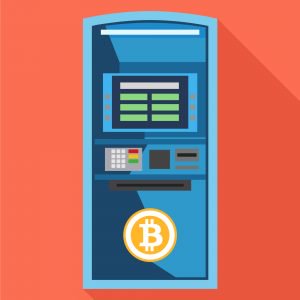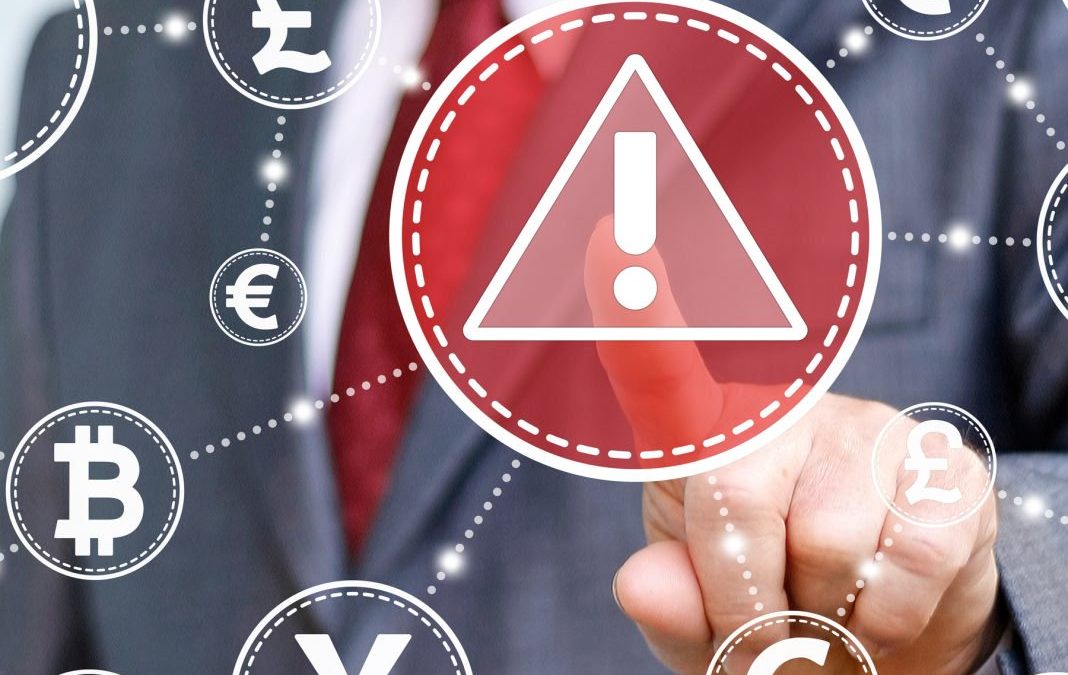Malta’s financial regulator has issued a warning aimed to deter cryptocurrency adoption following the installation of the Malta’s first bitcoin ATM. Although the statement asserts that bitcoin is not regulated or authorized, it does not make threats against those who choose to use cryptocurrency.
Also Read: Malta Entrepreneur Installs Nation’s First Cryptocurrency ATM
The Media Coverage Garnered by the Nation’s First Bitcoin ATM Has Prompted Malta’s Regulators to Issue a Warning to Prospective Cryptocurrency Users

The installation of Malta’s first bitcoin ATM garnered significant local and international attention last week. Initially, a local cryptocurrency advocacy group had started a crowdfunding campaign to finance Malta’s first bitcoin ATM. Just days after the publication of stories detailing the campaign, a local Malta entrepreneur installed the nation’s first bitcoin ATM in Sliema.
The media coverage garnered by Malta’s first bitcoin ATM has prompted The Malta Financial Services Authority (MFSA) to issue a warning to prospective cryptocurrency users. Times of Malta reports that The MFSA states that “unlike traditional money, acceptance of payment in virtual currency depends entirely on the voluntary consent of the recipient. Furthermore providers of services in relation to virtual currencies are currently neither regulated by law nor authorised by the MFSA.”
The MFSA’s Warnings Seem to Contradict the Pro-Cryptocurrency Rhetoric of Malta’s Prime Minister

The MFSA emphasizes that bitcoin and cryptocurrency are not legally regulated or recognized and that there are unique risks incurred through using cryptocurrency. “The MFSA therefore advises the public to exercise caution and be vigilant when dealing with virtual currencies and to ensure that they have understood the risks involved. If you buy virtual currencies, you should be fully aware and understand their specific characteristics. You should also exercise the same caution with your digital wallet as you would do with your conventional wallet. You should not keep large amounts of money in it and ensure you keep it safe and secure. You should also familiarise yourself with the ownership, reputability, transparency and public perception of the exchange platforms that you are considering using.”
Local cryptocurrency advocacy group, Bitmalta, has responded critically to the MFSA’s statements – accusing the MSFA of hampering the cryptocurrency. “We are extremely disappointed, to say the least, that whereas Malta’s Prime Minister Dr. Joseph Muscat and Hon. Silvio Schembri, the Parliamentary Secretary for Financial Services, Digital Economy and Innovation, are actively advocating the adoption of blockchain technologies and cryptocurrencies in Malta, the MFSA stubbornly choose to ignore developments in the area and quote long-since settled risks pertinent to cryptocurrencies… Cryptocurrencies are here to stay, whether you ban them or not, so it is advisable, even obvious, that measures should be taken to educate the public about them rather than scaremonger.”
The MFSA’s warnings come just months after Malta’s cabinet approved the first draft of a national strategy designed to foster bitcoin and blockchain education and innovation throughout the nation.
Do you think that regulators are increasingly softening their stance toward bitcoin and cryptocurrencies, or do you think the recent flood of ICOs has renewed financial authorities’ interest in crypto? Share your thoughts in the comments section below!
Images courtesy of Shutterstock
Do you have an easy and fast way to calculate your bitcoin holdings? Check out our tools section.














